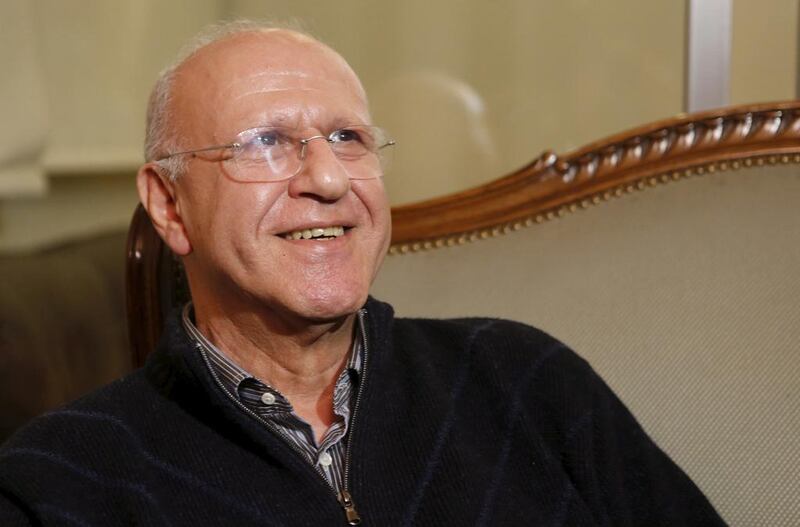Incredulity, it is said, is often found in Lebanon, a country currently bereft of a functioning political apparatus or even basic utilities for its citizens, but one that survives against all the odds.
Even the world-weary Lebanese were struck by the judiciary’s decision last month to reinstate a previous prison sentence for a government minister who was caught transporting explosives in his car from Damascus to Beirut. He had been acting under the instructions of the Syrian regime.
The outside world might have been shocked and asked how can a government minister do such a thing?
But for the Lebanese, it was the decision by Hizbollah not to save their man – Michel Samaha – that has attracted most attention.
Until that point, the Sunni opposition bloc loyal to Saad Hariri and the March 14 alliance had harangued the courts for what they believed was interference, when, in January, it appeared that the former minister might be freed.
Yet Samaha will now serve a total of around 10 years in jail. He was also stripped of his right to vote or stand as a candidate for public office once he is released.
A court also ordered that the sum of $170,000 found on him when he was arrested should be given to the Lebanese armed forces.
Samaha, a Christian politician and former adviser to Syria’s Bashar Al Assad, was information minister from 1992 to 1995.
He had previously admitted that he had transported explosives from Syria for use in attacks in Lebanon. He had done so with the help of Damascus’s security services chief Ali Mamlouk. He couldn’t really deny the charge as grainy video footage proved his guilt from the outset.
Yet he argued that he should have been acquitted because he was a victim of entrapment.
In court he repeated his claim that he was “a victim of the security apparatus, who tried to trap me and undermine my reputation and political achievements”.
And there may be a kernel of truth in this, but few show any sympathy for him.
Furthermore, his return to jail is believed to be an indicator that the long-held acrimony between the Hizbollah-led coalition and the Sunni-led opposition is waning and the latter’s recalcitrant stance is fading.
Initially, when it seemed that Hizbollah was looking to overturn a court decision on Samaha, Ashraf Rifi, one of the March 14 bloc’s leading figures resigned, causing a stir. Mr Rifi accused Hizbollah of interfering with the justice system.
Yet that resignation may well have helped bridge the sectarian divide.
Moreover, the fact that Hizbollah can cast Samaha adrift is a sign that tensions are easing and that possibly a new deal is in the air.
Most observers are focused on what can be achieved now that the dust is beginning to settle.
Indeed, press outlets supportive of Saad Hariri have been gushing for weeks with reports of a “new deal” agreed between the March 14 alliance and Hizbollah over a new president and prime minister, with Mr Hariri being lined up to take the key role of prime minister.
His offer to Hizbollah, to let their own supporter, Suleiman Franjieh, be president is still reported to stand and now with the Samaha debacle back in the shadows, there may be some traction still left in this proposal.
Other analysts point out that Lebanon is unlikely to wrestle free from its political inertia any time soon.
Either way, the Samaha decision, at least, looks like a move in the right direction for a country that has so often taken missteps.
Martin Jay is the Beirut correspondent for the German broadcaster Deutsche Welle
On Twitter: @MartinRJay





